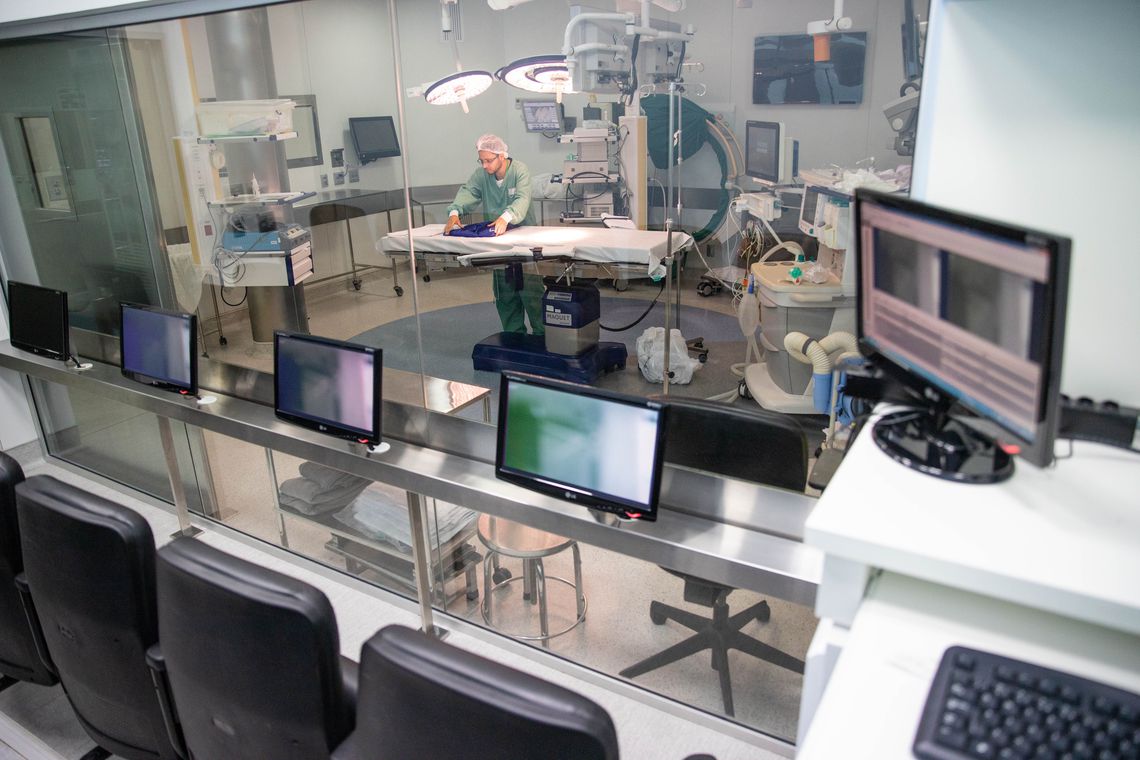RIO DE JANEIRO, BRAZIL – The health chain has increased by 3.4 percent the number of formal jobs in the sector between July of last year and July of this year, which equals almost 120,000 people hired, although the total number of beneficiaries of medical-hospital health plans in the same period has been reduced by 0.3 percent, the equivalent to 133,000 fewer people served by the plans.

“While we continue with very high unemployment rates and a level of layoffs in the economy as a whole, which is at most tied with new hires, thus demonstrating stability in the total number of jobs, in the area of health care there was a significant growth of 3.4 percent in a year, while employment grew by zero percent”. The assessment was made to Agência Brasil by the executive superintendent of the Institute of Supplementary Health Studies (IESS), José Cechin, and is based on data from the Employment Report of the Health Production Chain, which was released yesterday, September 18th, by the IESS.
“People undergo more procedures, demand more medical consultations, more exams, more hospital admissions. This is what is driving jobs. I would say that health use is what is promoting job creation,” said Cechin.
In Cechin’s view, the increase in employment in the 12 months ending in July this year is an indication that there is great potential for growth in the health sector as a whole. He explained that, to this end, Brazil spends 9.2 percent of its Gross Domestic Product (GDP) on health, close to the 10 percent spent by Europeans.
Per capita spending
According to Cechin, a further point behind the sector’s potential is that, while Europeans spend on average above US$3,000 per capita, that is, per individual on health plans, in Brazil it is only a little above US$1,000. “In other words, we spend less than a third per capita than Europeans do. That’s why, added Cechin, there is great potential for growth in the sector, which is proving to be a year on year growth in health employment.

He said there has been “significant” growth in health insurance companies, which have employed more than 1,000 people over the past year. In hospitals, doctors, clinics, laboratories, there were 2,800 new jobs, including service providers. “If the health sector grows, so do the sectors that supply medical devices, equipment, medicines, and materials to the health sector.
Last year, there were 1,500 new hires, said the IESS superintendent. In the seven months ended in July 2019, there were 80,300 new hires in private health and in 12 months there were 116,800 new jobs in the health sector.
Public and private jobs
Including the 3.6 million private jobs in the health sector plus 1.3 million public servants hired, there are 4.9 million employees in this area as a whole, which represents 11.3 percent of formal employment in Brazil. “If the health sector accounts for 9.2 percent of GDP and employs 11.3 percent of formal jobs, we have a higher employment density per unit of product in supplementary health than in the economy as a whole. In other words, the health sector is labor-intensive,” Cechin emphasized.
In his opinion, there is a strong trend for increasing the sector’s participation in GDP and growing presence in the employment scenario in Brazil.
Source: Agência Brasil

